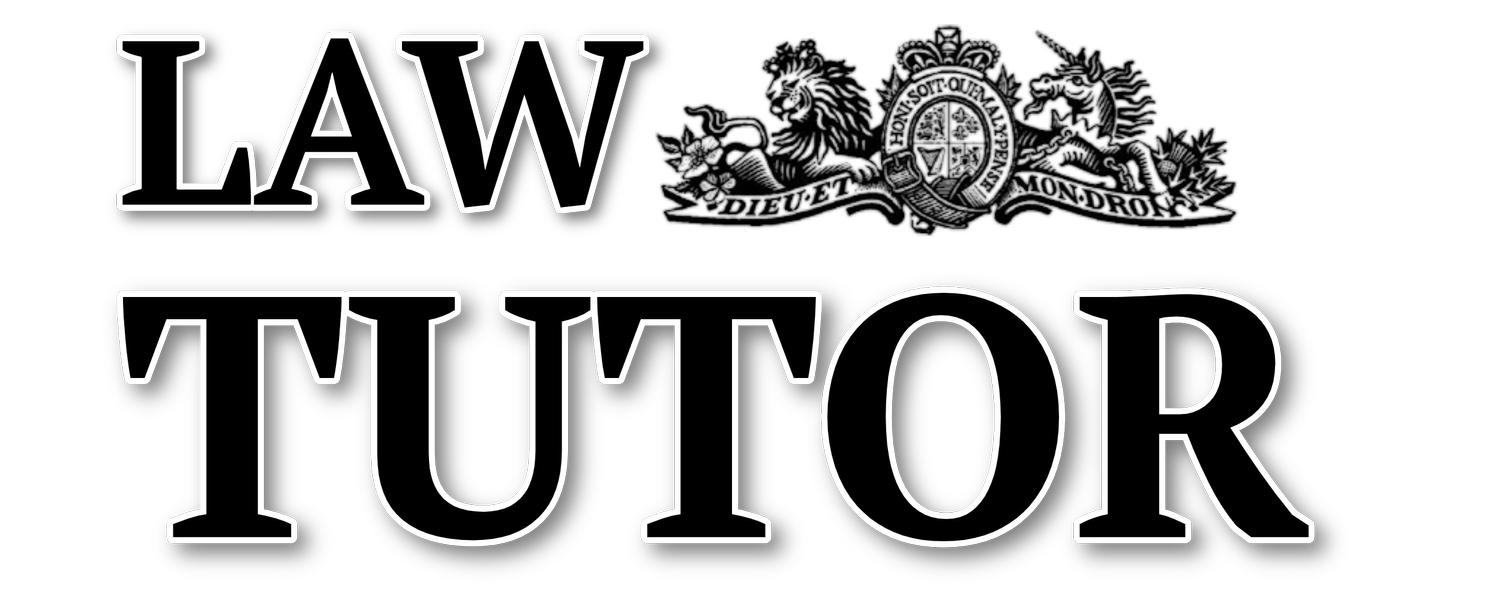Z v Y
Facts
The Respondent employed the Claimant as a fire and rescue service After a protracted sick leave, she resigned from her position. Following her resignation, she filed a tribunal claim. Several allegations of discrimination were made in her claim form. Additionally, it said, "On June 1, 2018, I was constructively dismissed by [the respondent] - the last act of discrimination." The concerns were agreed upon by the parties. Constructive unfair dismissal was mentioned in the list, but discriminating unfair dismissal was not.
The claimant had been constructively dismissed, the panel found. Due to discriminatory behaviour that betrayed faith and trust, she had resigned. They ruled, however, that they were exempt from having to evaluate whether the dismissal was discriminatory in and of itself. "That this was a discriminatory dismissal was never one of the tribunal's issues," they concluded.
Numerous accusations of prejudice were found to be true. However, the claims were out of time and could not be considered a "continuing act" that resulted in dismissal because the tribunal did not consider the dismissal to be discriminatory.
Held
The EAT came to the conclusion that the tribunal had made a mistake. The list of problems was the only thing that it had focused on. The claim of discriminatory constructive dismissal, which was obviously mentioned in the claim form submitted by the claimed individual, ought to have been taken into consideration. Alternately, the EAT came to the conclusion that the dismissal was discriminatory and constructive. As a result, the question of whether the previous charges of discrimination comprised "conduct extending over a period" that led to the discriminatory dismissal was remitted. This was done in order to bring them in time.
Comment
The Employment Tribunal made a mistake when it failed to decide the claim of discriminatory constructive dismissal, which was a part of the pleaded case that was brought before it. The list of issues had not replaced the pleaded claim, and the ET had been wrong to slavishly stick to that list (Parekh v. Brent London Borough Council [2012] EWCA Civ 1630 applied). The claim of discriminatory constructive dismissal, which was filed in a timely manner, was to be upheld in light of the conclusions of fact that were submitted by the ET. As a result of this, the question of whether the earlier acts of discrimination were part of a course of conduct that extended over time and culminated in the constructive dismissal would be remitted to the ET for review together with the matter of any potential remedies.

